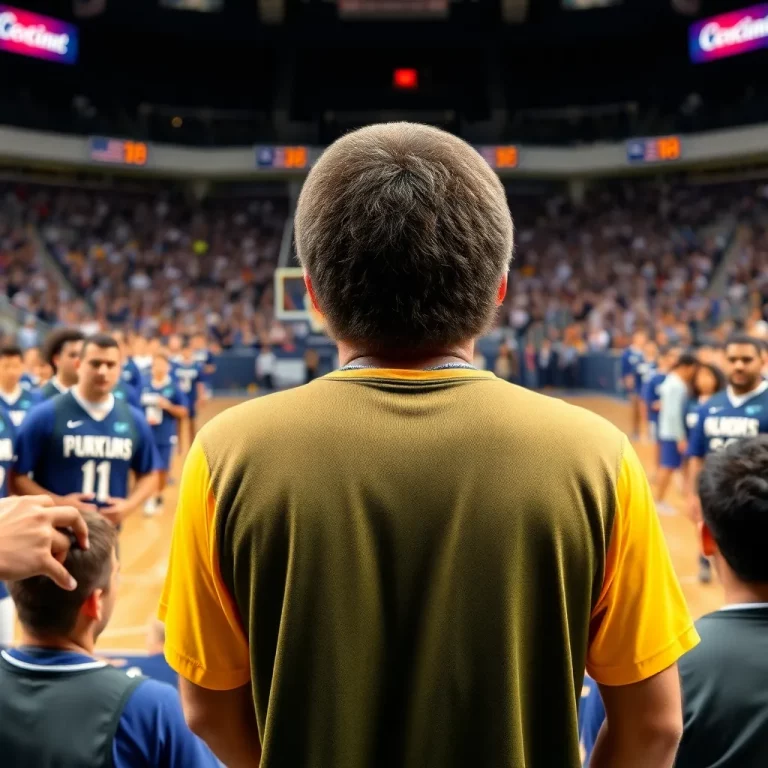In Charlotte, North Carolina, excitement and uncertainty filled the air recently as news broke about the approval of a $2.8 billion NCAA settlement by a federal judge. Surrounded by thousands of college athletes, Sydney Moore and Sabrina Ootsburg quickly realized that this decision carries both promise and concern for student-athletes across the country.
Moore, a seasoned Division I football player, expressed optimism, saying, “I’m about to get paid.” However, Ootsburg, who competes on the track and field team at Belmont, responded with a warning about the potential downsides. She pointed out that this settlement allows schools to share up to $20.5 million with their athletes over the next year, starting July 1. While this could provide financial benefits for some, Ootsburg fears that 75% of the funding will primarily go towards football, leaving many non-revenue generating sports in the dark.
“Will they be able to afford other things like care, facilities, resources, or even just snacks?” Ootsburg questioned, as she pondered the wider implications of the settlement on all athletes.
Moore echoed similar sentiments, focusing on how the change could affect day-to-day experiences for female athletes. She highlighted, “A lot of us would much rather know that our resources and our experience as a student-athlete is going to stay the same without worrying about covering our meal costs or insurance.”
Moreover, many athletes remain unaware of the full scope of changes coming their way. At a recent convention in Charlotte, both athletes noted that fellow student-athletes were unsure about the contents of the settlement and how it would actually impact them. “Athletes do not know what’s happening,” Ootsburg stated, highlighting the need for better communication and understanding within the athlete community.
The landscape of college sports appears to be shifting, and some coaches share the same confusion. Mike White, the coach of the Texas softball team, recognized the unpredictability of the situation, calling it “the great unknown right now.”
As schools prepare to navigate these changes, athletes like Jake Rimmel feel left behind amid all the uncertainty. Rimmel, who faced cuts from the Virginia Tech cross-country team, shared his struggle: “I’ve felt so alone through this, even though I wasn’t.” His focus now is on understanding how teams will manage roster limits in the wake of the settlement.
With so many questions still unanswered, it’s clear that while the settlement may be a breakthrough for college athletes, it also brings challenges that need to be addressed. As the NCAA prepares for this new chapter, athletes and coaches alike will be watching closely.


